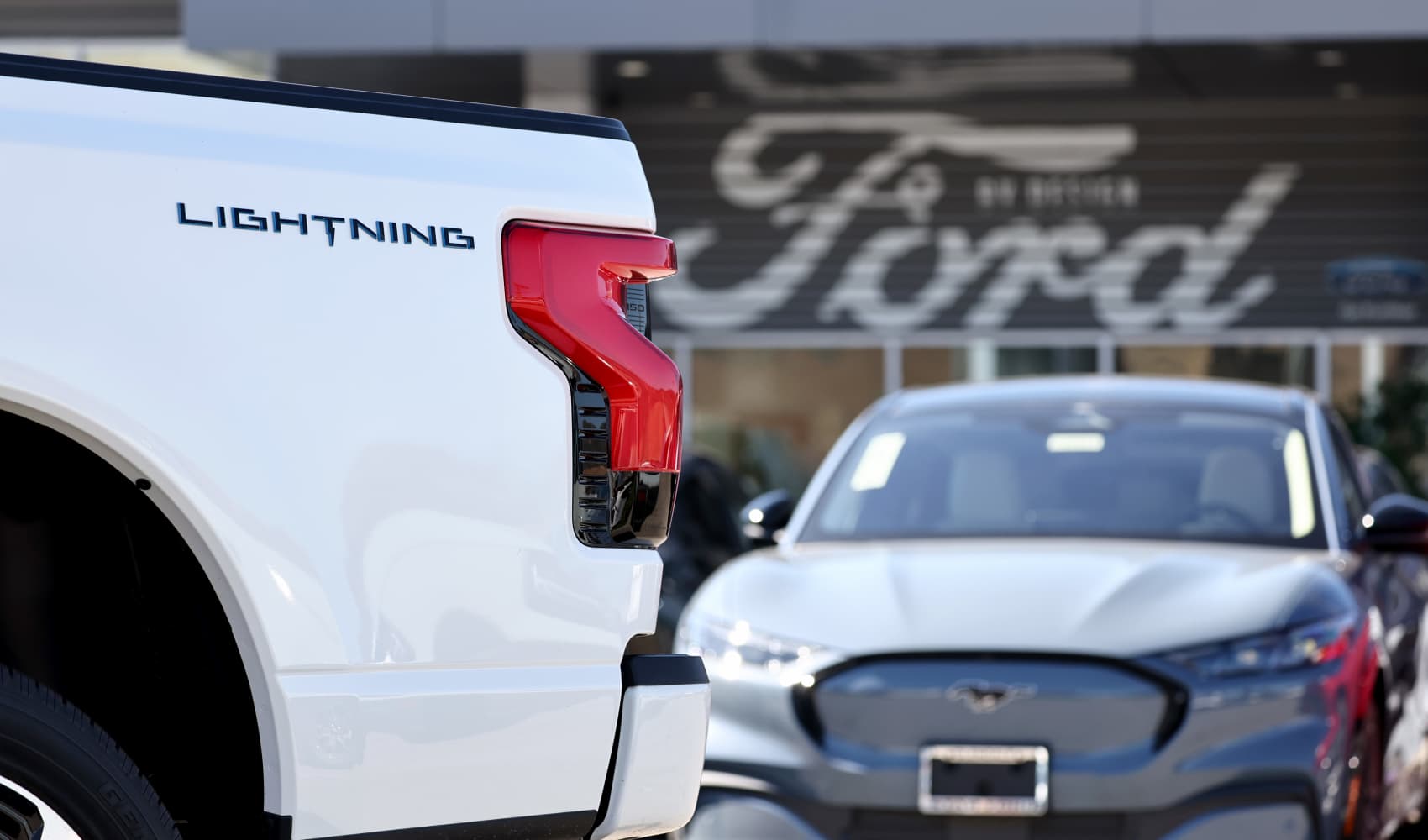
Jayson Watkins couldn’t just sit back and watch black-owned businesses suffer twice. First, they were hit hard when they were forced to close because of coronavirus. And this week, many were looted as much of the country faced civil unrest following the killing of George Floyd. Watkins knew he had to take action.
Watkins created a Google doc of resources for protesters and supporters, and he added a section on black-owned small businesses. First it was just focused on Chicago, where he lives, and Minneapolis, his hometown, but it has quickly grown to include links to support black-owned shops across the country. It’s not directly a protest against police brutality, Watkins, 24, tells CNBC Make It, but supporting black-owned businesses still helps the communities at the center of the protests.
“These businesses are fueled by the community, they rely on community support,” says Watkins. “Even if it’s just visibility of their business and showing any social media handles, that would be enough if people can’t donate.”
Search #blackedownedbusiness on Instagram or Twitter, and you’ll find hundreds of posts from people across the U.S. sharing their own lists of local, black-owned restaurants, bookstores, beauty brands and more.
The Semicolon Bookstore, a bookstore and gallery space in Chicago, has been “buried in sales” over the past few days, after it was added to lists of black-owned businesses to support online, owner Danielle Mullen says. And a GoFundMe Mullen started to raise money for books for Chicago Public School students who cannot afford to buy them otherwise surpassed its initial goal of $60,000 as donations pour in to help the community.
Supporting some of the 2.6 million black-owned businesses in the U.S. is a way for non-black people to show true allyship, says Mullen, rather than just saying they support Black Lives Matter or another movement.
“It’s so important to support black-owned businesses right now, because we are doing the work,” says Mullen. “It’s supporting the actual communities where injustice occurs.”
Business
While a one-time order helps — especially as many small businesses struggle from coronavirus shutdowns — it’s not enough to combat racism or help black communities in the long run. Those buying from the Semicolon Bookstore now need to continue to learn about anti-racism after the protests have died down, Mullen says, which goes beyond donating. If you are considering donating to an anti-racist organization, for example, she suggests researching the organization’s cause to “understand why it has to exist.”
“Pay attention and actually care about the cause,” Mullen says. “It’s an ongoing thing, and it’s the most necessary part of giving.”
If there’s one thing Mullen wishes people would do differently, it would be to order different types of books, she says. Titles including “So You Want to Talk About Race” by Ijeoma Oluo, “The New Jim Crow” by Michelle Alexander” and “The Warmth of Other Suns” by Isabel Wilkerson — all nonfiction books — are selling out everywhere, making them difficult to restock. And while those books are good places to start to learn about race relations in the U.S., she also encourages people ordering from her store to check out other types of books on the topic.
“Read some black fiction,” she says, offering “Parable of the Sower” by Octavia Butler, “A Brief History of Seven Killings” by Marlon James and “Hitting a Straight Lick with a Crooked Stick” by Zora Neale Hurston as examples. “African American fiction tells our stories just as beautifully, if not more.”
This story first appeared on CNBC.com. More from CNBC:



